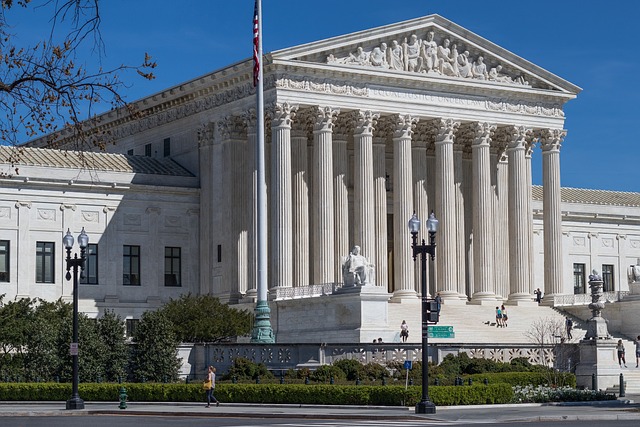
The Supreme Court made a decision that will have a big impact on college admissions. They ruled that the race-conscious admission policies of Harvard College and the University of North Carolina go against the Constitution. This means that affirmative action in higher education is now over. The court voted 6-3 in the University of North Carolina case and 6-2 in the Harvard case.
Chief Justice John Roberts wrote the majority opinion, joined by Justices Clarence Thomas, Samuel Alito, Neil Gorsuch, Brett Kavanaugh, and Amy Coney Barrett. Justice Sonia Sotomayor read her dissent aloud, which was the first time a dissenting justice did so this term.
Roberts wrote that universities can still consider an applicant’s experiences with race but cannot use it as a factor in admissions decisions. The ruling does not apply to military academies.
Affirmative action has been a way for schools and employers to increase diversity by considering race. Critics argue that it is a form of discrimination, while supporters say it is necessary to address racial inequality. Many universities currently consider race in admissions decisions, and they warn that ending these policies will lead to a drop in the representation of Black and Hispanic students.
The Supreme Court’s decision marks a shift in its previous rulings and shows the impact of conservative justices appointed by former President Donald Trump. It follows other controversial decisions, such as the reversal of Roe v. Wade, which concerned the right to abortion.
President Biden criticized the court’s rejection of affirmative action and emphasized the importance of racial diversity in colleges and the nation as a whole.
The cases involving Harvard and the University of North Carolina were brought by the group Students for Fair Admissions. They accused the schools of discriminating against Asian-American applicants. Lower courts had previously upheld the schools’ policies, but the Supreme Court disagreed.
The ruling raises questions about when race should no longer be considered in college admissions. The court believes that the schools did not provide clear endpoints for their race-based admissions programs.
Both Harvard and the University of North Carolina have responded to the ruling. The University of North Carolina stated that it will comply with the decision while remaining committed to diversity. Harvard expressed its commitment to diversity and said it will determine how to preserve it in accordance with the new precedent set by the court.




